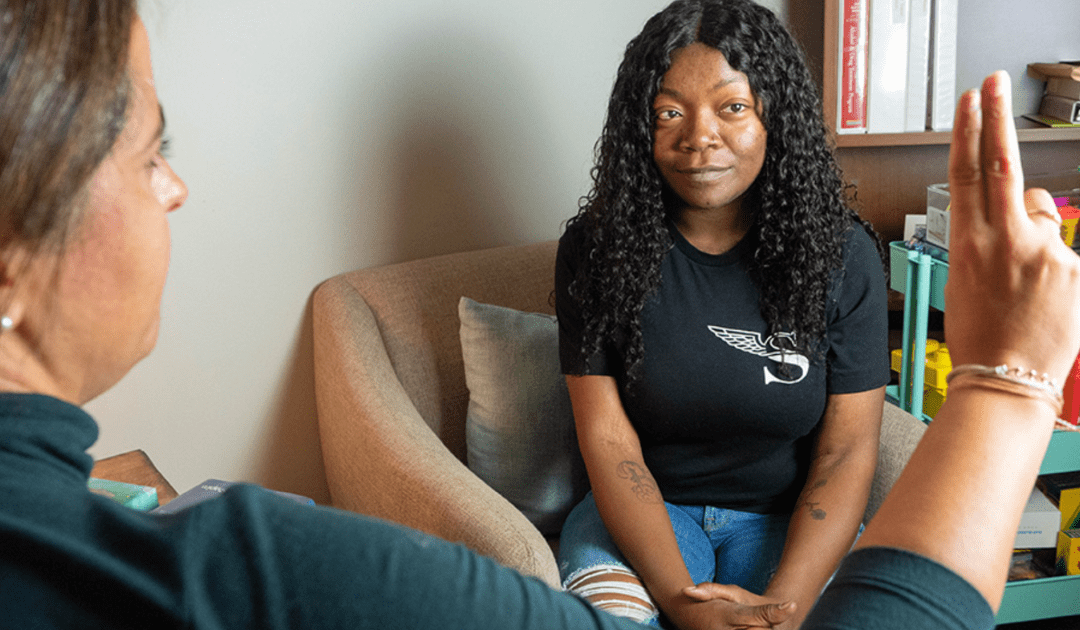EMDR therapy has emerged as a powerful tool for addressing the emotional distress associated with traumatic experiences. While the full extent of its mechanisms are still being actively researched, understanding how EMDR interacts with the brain can shed light on its potential benefits.

Q&A on
EMDR
A deep dive, easy to read, review of
How EMDR Works Within the Brain.
What is happening in the brain during EMDR?
EMDR appears to influence several key brain regions involved in memory processing, emotional regulation, and cognitive functions. Studies suggest that it may help integrate traumatic memories into existing memory networks, decrease reactivity in the amygdala, and activate the prefrontal cortex, all contributing to emotional healing.
How does EMDR release trauma?
By facilitating the reprocessing of traumatic memories, EMDR may help decrease their emotional intensity and disruptive influence. This potentially allows individuals to detach from the negative emotions associated with the past, leading to a sense of empowerment and emotional well-being.
How does EMDR work biologically?
The exact biological mechanisms of EMDR are still under investigation, but research suggests it interacts with various neurotransmitters and brain regions involved in memory, emotions, and cognition. The bilateral stimulation might play a role in activating specific neural pathways and promoting emotional regulation.
How does a therapist know if EMDR is working?
There are several indicators that suggest EMDR is working. These include:
- A decrease in the intensity of negative emotions associated with the target memory.
- A shift in negative beliefs about oneself or the event.
- Development of healthier coping mechanisms.
- An improved overall sense of emotional well-being.
It’s important to note that EMDR is not a guaranteed solution for everyone, and the progress can vary depending on individual factors. If you’re exploring treatment options for trauma, discussing EMDR with a qualified mental health professional can be a step toward your journey of healing and growth.


